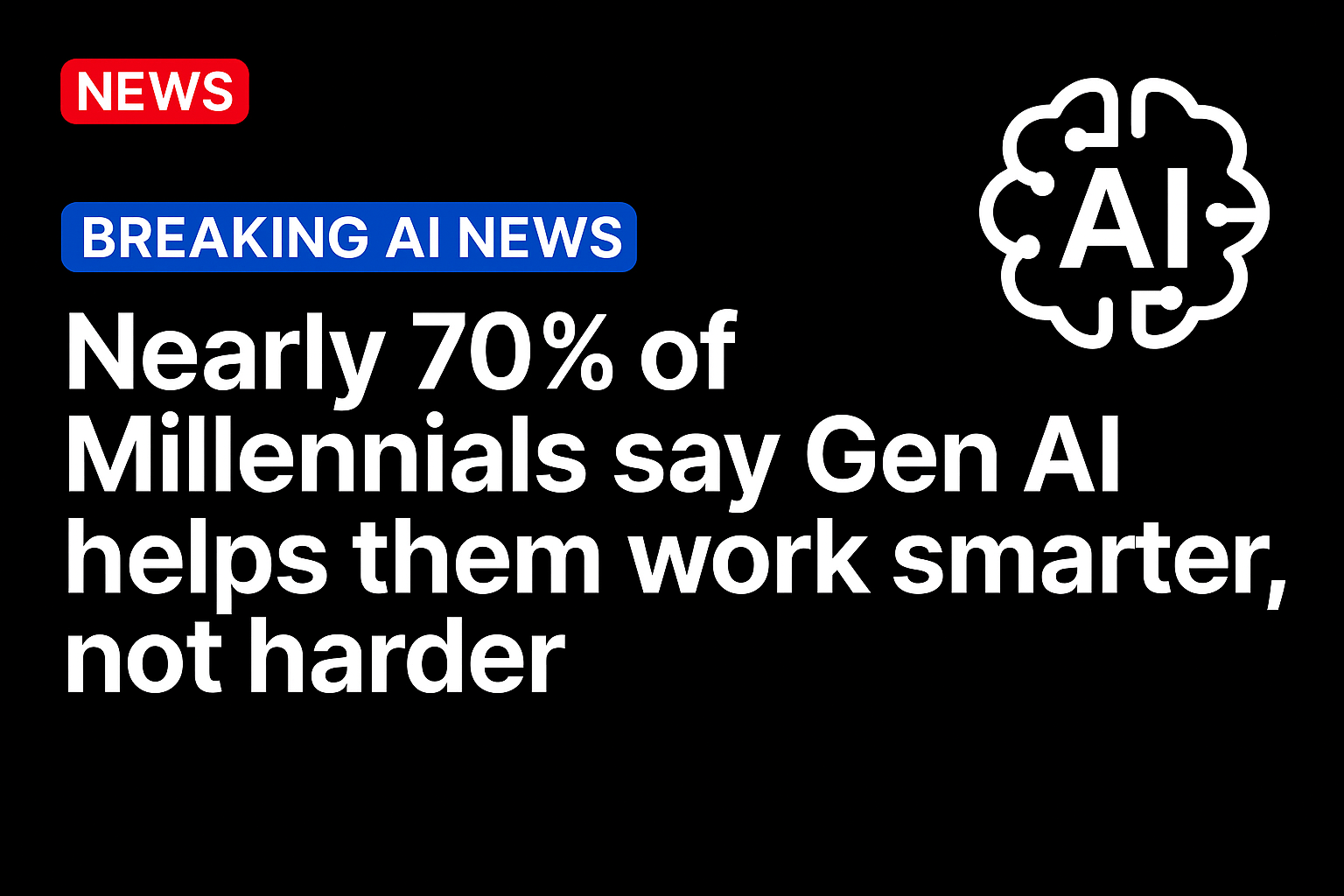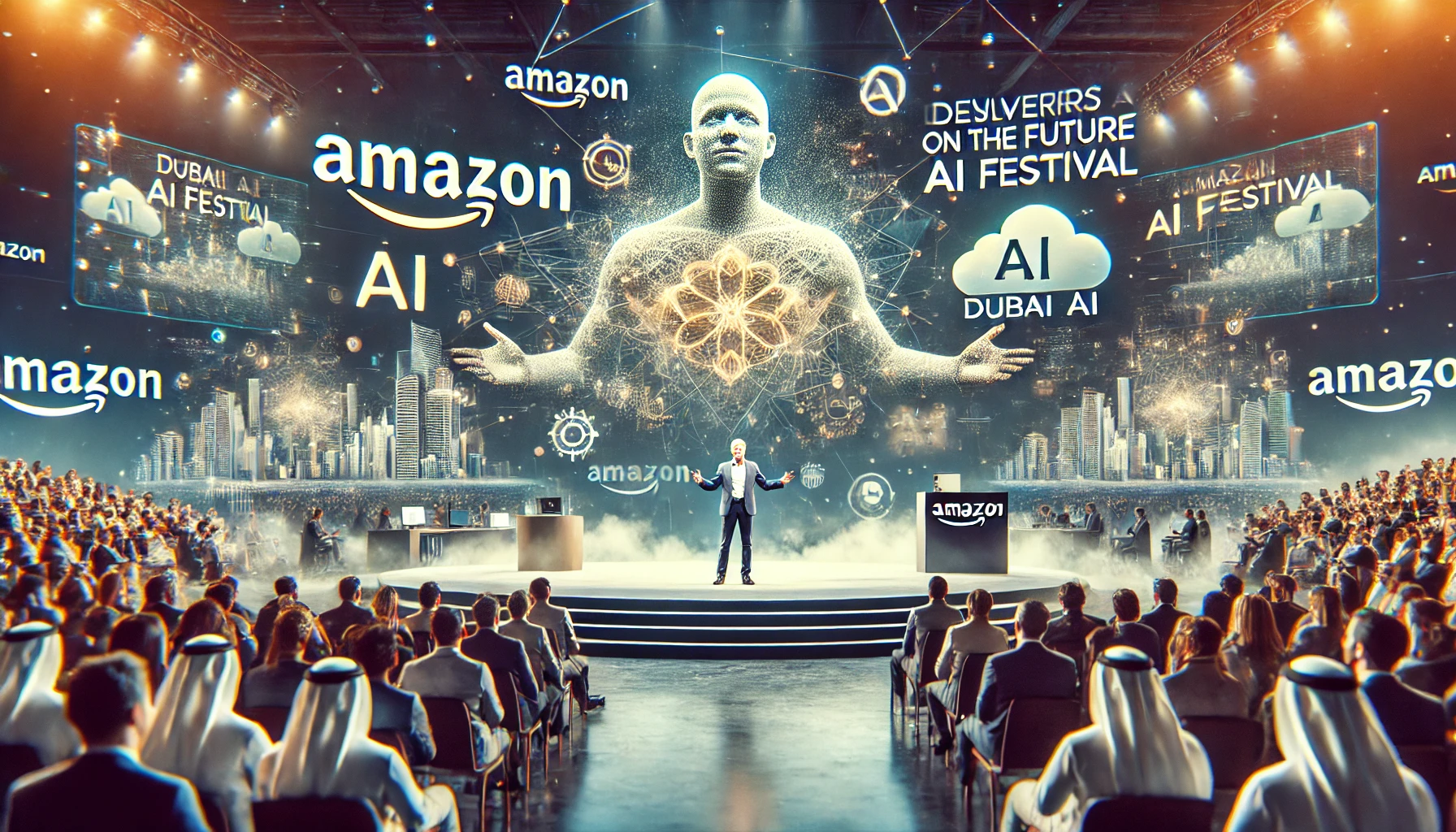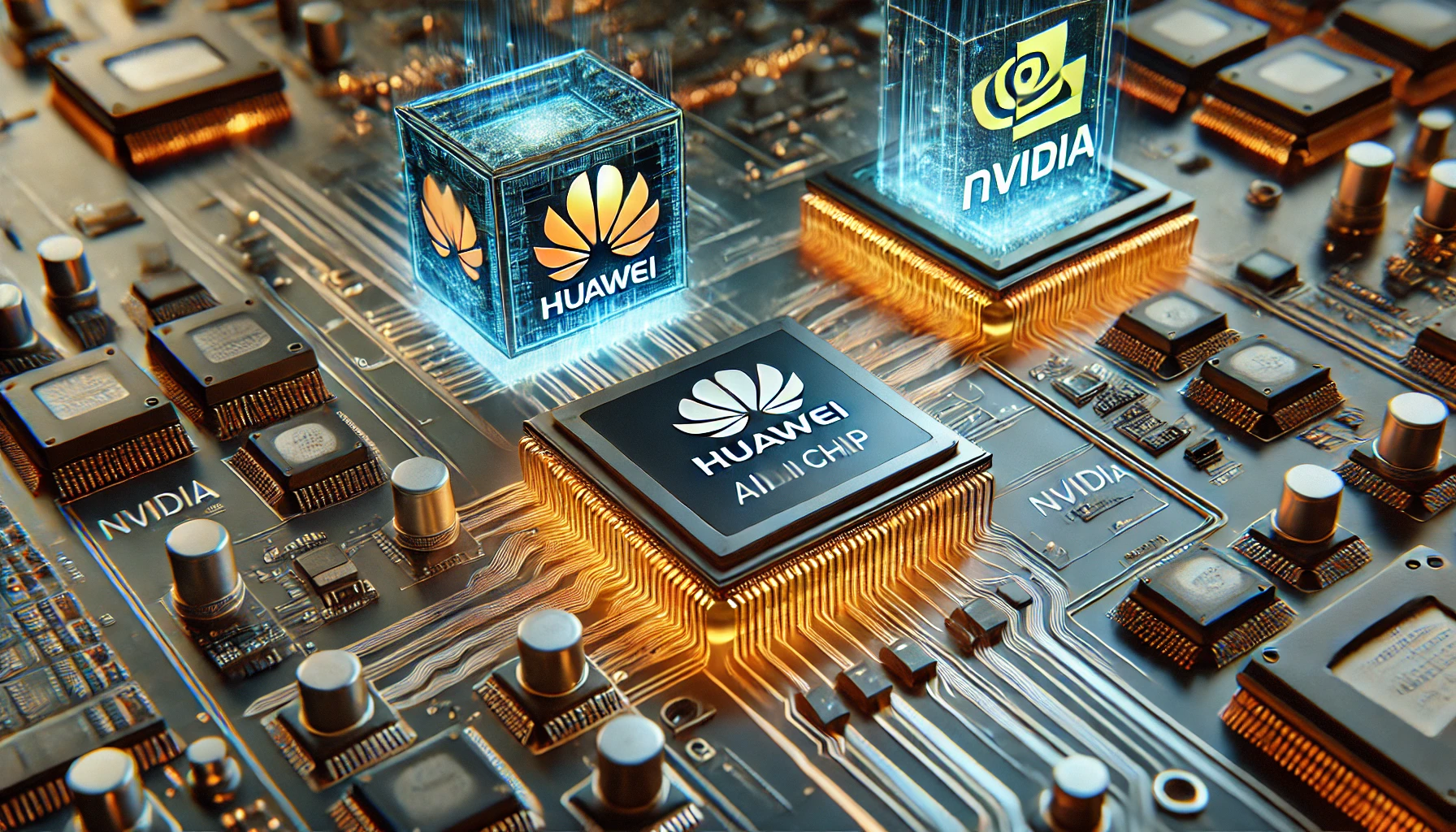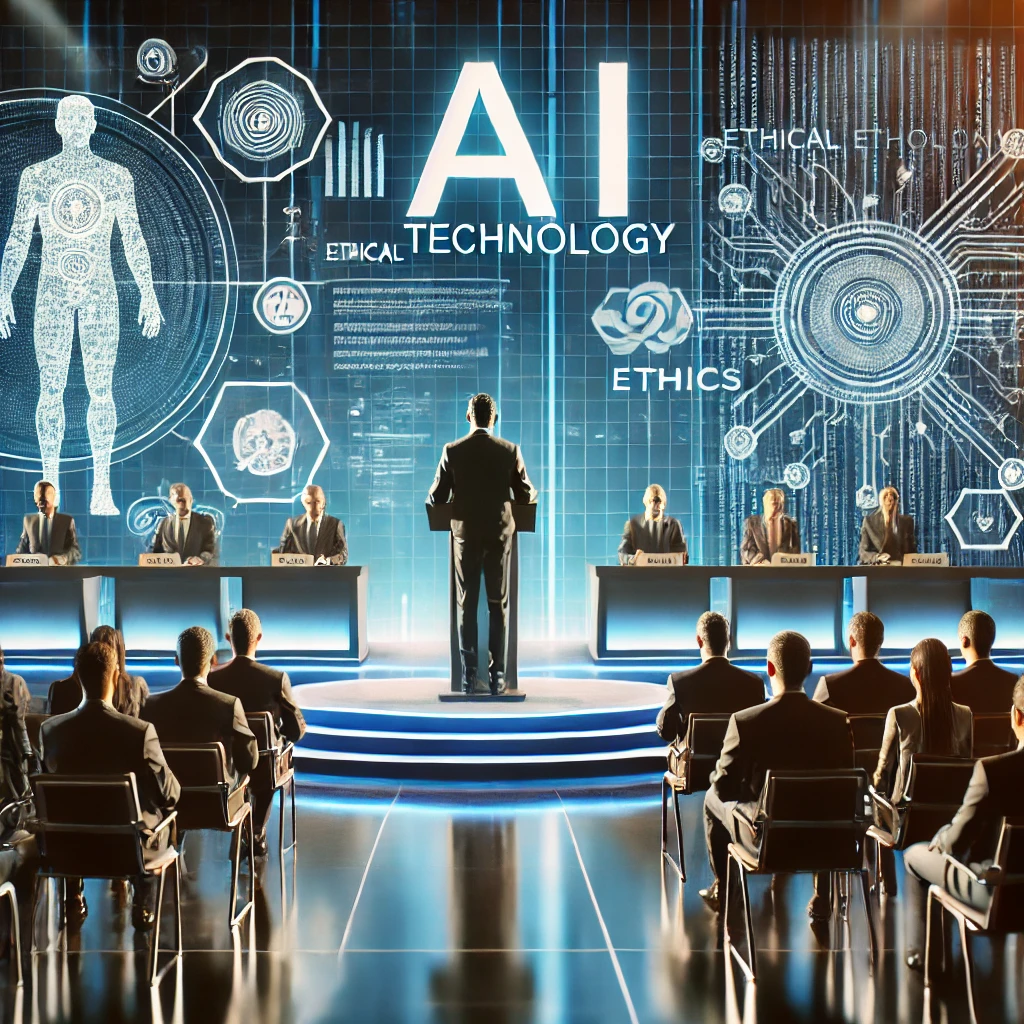
The emerging divide over generative AI isn’t simply generational. It’s about how much people trust technology to make judgment calls once reserved for humans.
Younger users may embrace artificial intelligence more eagerly, but even they are approaching the technology with an ambivalence that belies the hype.
The latest PYMNTS Intelligence report, “Generation AI: Why Gen Z Bets Big and Boomers Hold Back,” suggests that Americans’ comfort with AI depends less on familiarity and more on faith in the technology, in the data behind it and in the institutions deploying it.
The July 2025 report finds that 57% of U.S. adults — roughly 149 million consumers — use generative AI tools for everything from grocery lists to work reports.
Millennials and Gen Z lead the way, while boomers remain skeptical, largely due to privacy and reliability concerns. But beneath that surface divide is a shared unease: across generations, consumers are struggling to reconcile the technology’s usefulness with its potential for harm. Nearly two-thirds of users say gen AI is helpful for quick information access, yet more than half admit they don’t fully trust it.
That tension — between utility and uncertainty — may prove to be the defining feature of America’s AI adoption curve. Even as companies deploy generative tools for customer service, content creation and market research, consumers remain wary of what’s happening behind the algorithmic curtain.
PYMNTS’ survey of 2,261 U.S. adults, conducted in June, found that concerns about data misuse and factual “hallucinations” cut across every age group.
Key Findings
- Millennials drive professional adoption: 52% use generative AI at work, far higher than Gen Z, Gen X or boomers. Nearly 7 in 10 millennials say the tools help them access information faster, edit text more effectively and complete tasks more efficiently.
- Gen Z fears job loss most: About 4 in 10 Gen Z users worry that AI could replace them, particularly in entry-level creative and analytical jobs that automation can easily target. That anxiety extends to their peers: 40% of non-users in this cohort avoid the technology because of concerns about its broader impact on employment.
- Boomers remain skeptical but not hostile: Only 5% report being very familiar with AI tools, and fewer than 1 in 10 use them at work. Still, among those who do, nearly half express privacy and misinformation concerns — reflecting exposure, not rejection. Their hesitancy stems less from opposition to innovation than from uncertainty about its trustworthiness.
These data points reveal a deeper cultural fault line. Generative AI may be the first mainstream technology to force Americans to weigh efficiency against authenticity. Millennials, who are comfortable toggling between Slack and ChatGPT, view AI as an accelerant to productivity.
Gen Z consumers, who grew up amid social media misinformation, see it as both opportunity and threat. Boomers, late to digital transformation, question whether algorithms can be accountable in the same way humans are.
PYMNTS’ analysis underscores that satisfaction and skepticism can coexist. More than 6 in 10 users are highly satisfied with gen AI tools, yet concern about privacy, job displacement and false outputs persists.
That duality hints at what may come next: not a linear adoption story, but a negotiated one, where consumers demand transparency, verification and ethical guardrails as the price of participation.
As the data show, adoption alone doesn’t equal acceptance. Americans are using generative AI, but they’re watching it just as closely.
Source: https://www.pymnts.com/




